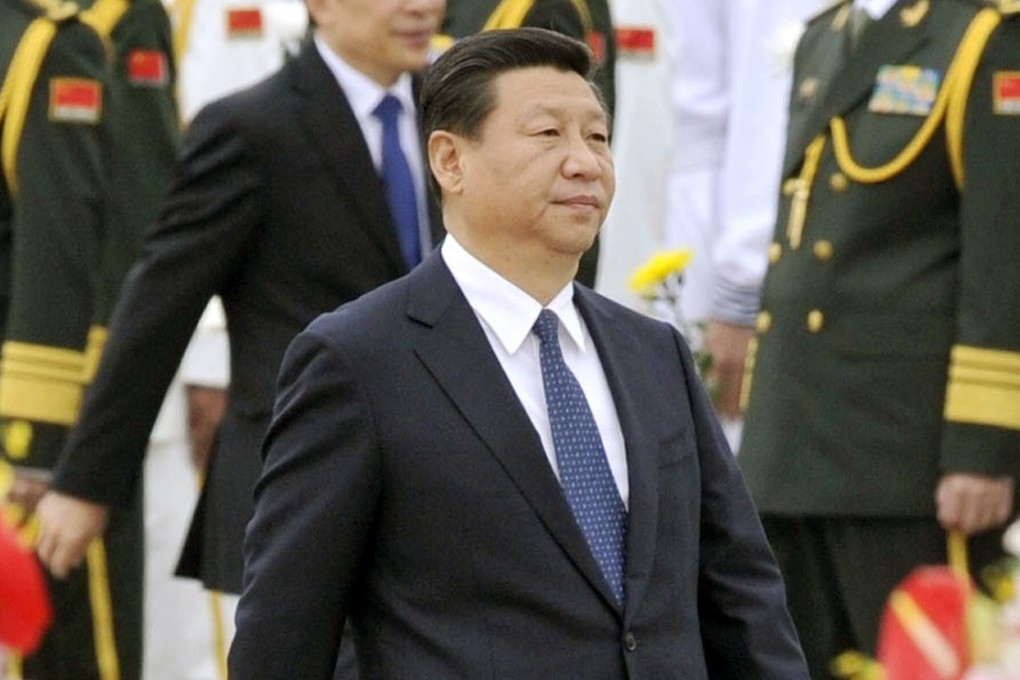My Take | A challenging matter of interpretation
An open letter sent this week by Occupy protest leaders to President Xi Jinping raises challenging constitutional issues. It argues for constitutional rights which Beijing would no doubt find subversive. Who's right?

An open letter sent this week by Occupy protest leaders to President Xi Jinping raises challenging constitutional issues. It argues for constitutional rights which Beijing would no doubt find subversive. Who's right?
Sent jointly by Hong Kong Federation of Students and Scholarism, it says Hong Kong is guaranteed a high degree of autonomy outside military and foreign affairs. Therefore, our constitutional development leading to "genuine" universal suffrage is a matter for Hong Kong alone.
Accordingly, the Hong Kong government should ask the National People's Congress' Standing Committee to withdraw its decision on democratic reform. "[Let] Hong Kong problems be settled in Hong Kong," the letter says. The Occupy movement is not "a colour revolution" but an expression of demand by the masses for their constitutionally guaranteed right.
The students' constitutional understanding would have been defensible on a pure reading of the Basic Law prior to 2004. Since then, the Standing Committee has repeatedly intervened in charting the city's constitutional development. Since it is the final arbiter on interpreting the Basic Law, the fact and substance of its interpretations have made our democratic development a matter for the central government. To recap:
- The April 2004 Standing Committee decision spells out the five steps needed to amend the election methods for the chief executive and lawmakers.
- A separate April 2004 decision rules out 2007 and 2008 as dates for universal suffrage for electing the chief executive and lawmakers.
- The December 2007 decision rules out 2012 for universal suffrage but allows it for the chief executive election in 2017 and all lawmakers thereafter.
